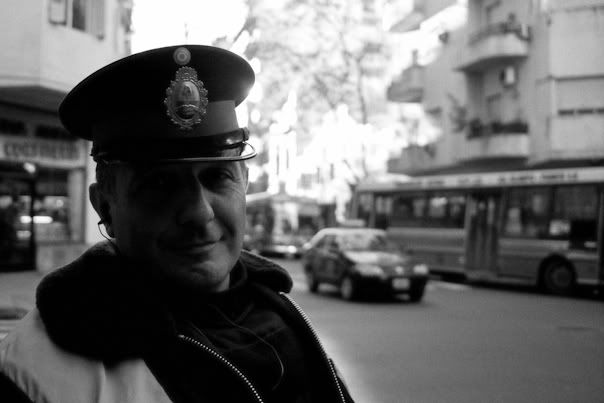...and, if your referring to a Terry Stop, it must be predicated on the officers
reasonable suspicion you have committed, or about to commit and crime. Absent reasonable suspicion any questions posed to you by LE are considered to be consensual, in which case you are free to not answer and walk away. Ask if you are free to go. If you are detained under Terry, give your name if required under state law. Furthermore, some states do not have stop and identify statutes permitting such action by LE. In which case you are under no obligation to answer
any questions posed to you by LE. The exception being those states that do allow stop and identify that compel disclosure of your name; e.g.
Hiibel. In re
: Hiibel the Supremes stopped short of ruling on establishing dicta that would support respective state S&I statutes that require anything more than your name. A good starter on the erosion your 5th Amendment right can be found here:
http://www.fed-soc.org/doclib/20080313_CrimKlein.pdf
This has become a complicated area of law since
Hiibel and will likely be back before the SC as more civil rights violations occur in the wake of 9/11.

